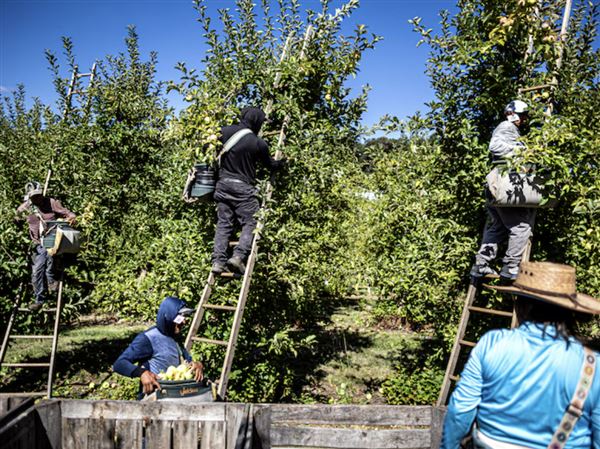President Kennedy’s challenge to put a man on the moon in less than a decade was ambitious, but it only became a reality because the necessary resources were aimed at reaching the goal. The agreement on climate that earned the consent of 195 countries over the weekend is like that.
President Barack Obama called it “the best chance we have to save the one planet we have” and leaders around the world agreed.
No previous world conference on climate has produced an accord with so many participants, nearly all of the world’s nations. It establishes a commitment to limit, by the year 2100, the emissions of greenhouse gases to the amount that the Earth can reabsorb naturally. That would mean keeping the warming to no more than 2 degrees Celsius above pre-industrial levels.
To reach the goal, the world will have to turn away from fossil fuels — oil, gas and coal — and transition quickly to air, solar, nuclear and other sources for power. To prevent developing nations from following in the fossil-fuel footsteps of polluting industrialized countries, the richer states would contribute $100 billion a year starting after 2020 to help those that are less advanced.
The agreement relies on each nation to set its own standards, and, other than shame, there is no enforcement mechanism. In 55 nations, the deal must win ratification at home, where it will encounter assorted resistance. The quest will be complicated by the fact that even the voluntary plans that nations submitted before the Paris sessions don’t go far enough to hit the targets.
In the U.S., the final wording of the agreement — it says nations “should” rather than “shall” commit to reducing emissions — leaves open the question of whether an OK from Congress is necessary. Regardless, Mr. Obama will have to deal with the usual “just say no” approach from deniers in the Republican Party.
Carrying the Paris agreement forward will require unprecedented change and consistent follow-through around the globe. The planet’s future demands it. The question is whether nations will do it.
First Published: December 15, 2015, 5:00 a.m.












